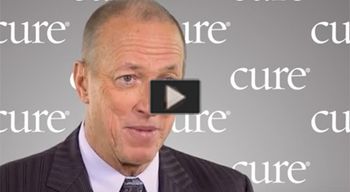
NFL Hall of Famer and cancer survivor Jim Kelly discusses how he deals with pain after a cancer diagnosis and stays motivated to keep moving forward.

NFL Hall of Famer and cancer survivor Jim Kelly discusses how he deals with pain after a cancer diagnosis and stays motivated to keep moving forward.

Omid A. Hamid, M.D., of The Angeles Clinic and Research Institute and Jason J. Luke, M.D., of University of Chicago Medicine, share treatment approaches on the horizon for patients with melanoma.

NFL Hall of Famer Jim Kelly discusses what inspires him to continue fighting for patients with cancer.

NFL Hall of Famer Jim Kelly discusses his thoughts when he was diagnosed with neck squamous cell carcinoma in his upper jaw.
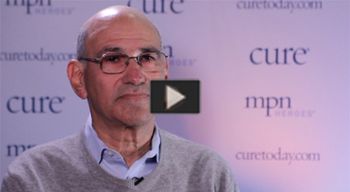
Andrew Schorr, founder of Patient Power and Patient Empowerment and 2016 MPN Hero, discusses how his background in journalism led him to patient advocacy.
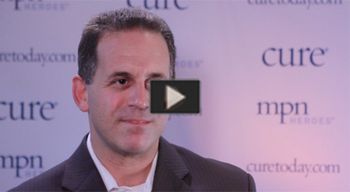
Ross L. Levine, M.D., physician-scientist, director of the Memorial Sloan Kettering (MSK) Center for Hematologic Malignancies and 2016 MPN Hero, discusses the work at his lab that he is currently excited about.
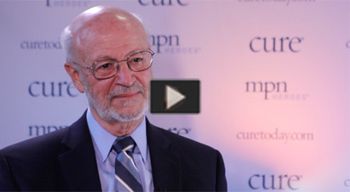
Elliott Winton, M.D., researcher, physician and 2016 MPN Hero, discusses some of the drastic changes that happened over the past decade or so in the world of MPNs.
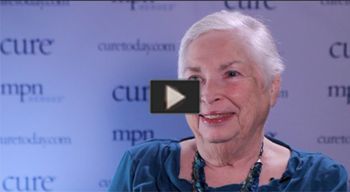
Patricia K. Koenig, patient advocate and 2016 MPN Hero, discusses living with polycythemia vera (PV).
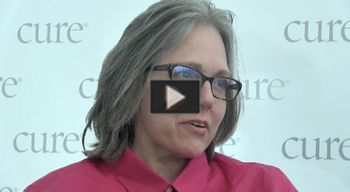
Alicia Staley, survivor and patient advocacy manager of Cure Forward, discusses the potential use of social media to recruit for clinical trials for new cancer treatment.

This year, a group of patients, advocates and health care professionals will tackle Mount Kilimanjaro to raise money and awareness for multiple myeloma.
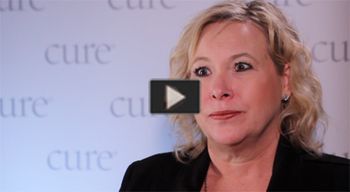
Dellann Elliott Mydland, founder and president of the EndBrainCancer Initiative and 2016 GBM Hero, discusses how miracles do happen in the world of glioblastoma multiforme (GBM), and people survive.
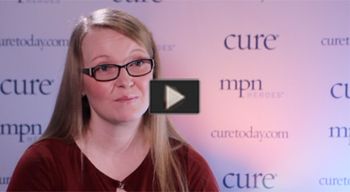
Erin H. Blackwell, R.N., B.S.N., O.C.N., oncology nurse and 2016 MPN Hero, discusses what to discuss with newly diagnosed patients with MPNs to ensure the best possible care.
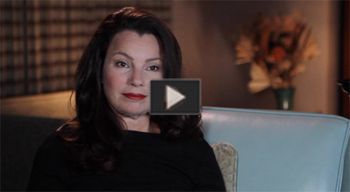
Fran Drescher, actress, author and 16-year cancer survivor, spoke at CURE's GBM Heroes event.
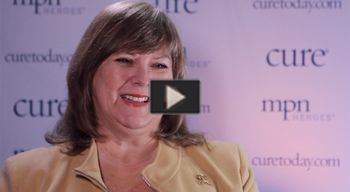
Bonnie Joyce Blankert, caregiver and 2016 MPN Hero, discusses the importance of remaining calm when caregiving for a loved one with MPN who recently had a stem cell transplant.
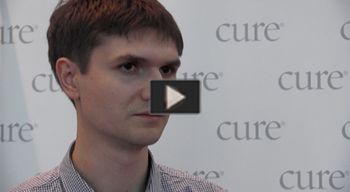
Sam Smith, University of Leeds, explains cognitive behavioral therapy for patients with breast cancer.
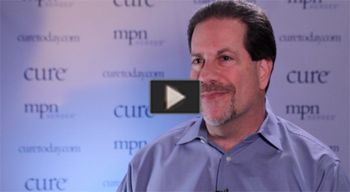
After being diagnosed with polycythemia vera, David Wallace, who publishes PV Reporter and MPN Cancer Connection, quickly learned that he must be his own advocate.
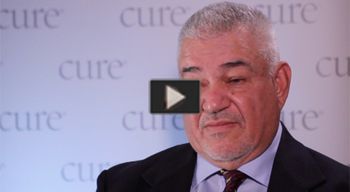
Gary Mervis, 2016 GBM Hero and founder of Camp Good Days and Special times, Inc., discusses the need for research in the field of glioblastoma multiforme (GBM).
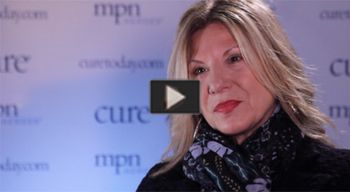
Ann Brazeau, founder and CEO of MPN Advocacy & Education International and a 2016 MPN Hero, discusses the importance and benefits of MPN support groups.
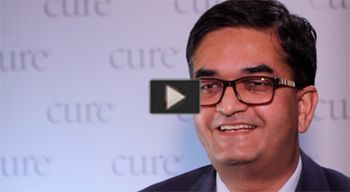
Sumul N. Raval, M.D., founder and director of the Zocchi Brain Tumor Center at Monmouth Medical Center and 2016 GBM hero, tells his patients, "I'm your quarterback."
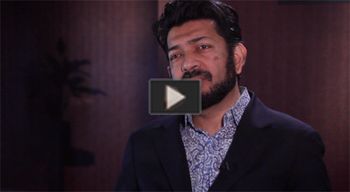
Siddhartha Mukherjee, M.D., Ph.D, an oncologist, researcher and Pulitzer Prize-winning science writer, discusses the increasing awareness about myeloproliferative neoplasms (MPNs).
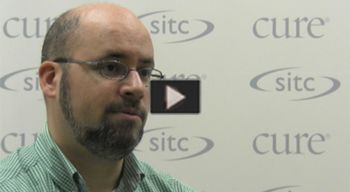
Melanoma should not be considered to be in a "special category" that responds well to immunotherapy, according to Christian M. Capitini, M.D., assistant professor of Pediatrics at the University of Wisconsin.
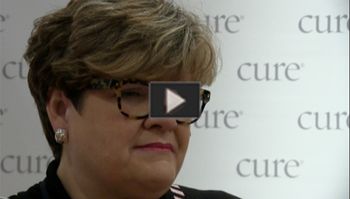
Ann Culkin, R.N., O.C.N, an oncology nurse at Memorial Sloan Kettering Cancer Center, discusses the importance of patient-centered care in the age of the internet.
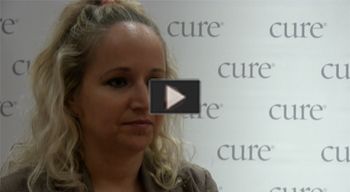
Beth Sandy, C.R.N.P, a nurse practitioner at the Abramson Cancer Center, discusses managing chemotherapy-induced nausea.
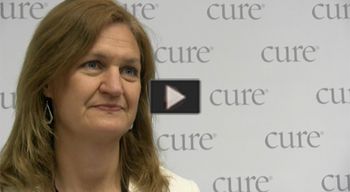
Halle Moore, M.D., medical oncologist at the Cleveland Clinic, discusses the negative symptoms many breast cancer survivors face, and the treatments that these symptoms were associated with.
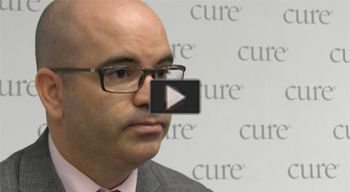
Grant Williams, M.D., clinical instructor and research fellow at UNC Lineberger Cancer Center, discusses the potential of using body composition to better dose cancer treatments such as chemotherapy.
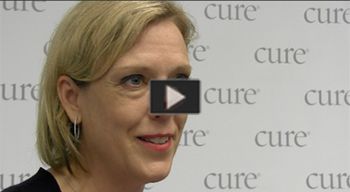
Jennifer Klemp, Ph.D., M.P.H., asks the questions that remain unanswered in breast cancer survivorship.
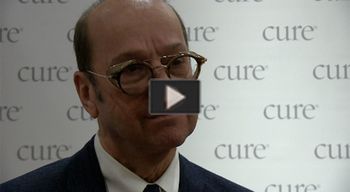
Gary Shelton, Ph.D., coordinator of supportive oncology services at NYU Langone Medical Center, dispels the myth that being referred to palliative care means a patient is nearing end of life.
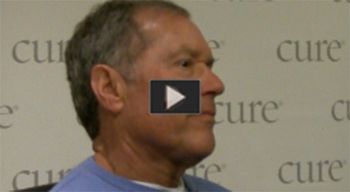
Charles (Chuck) Wakefield, a multiple myeloma survivor and climber of the Moving Mountains for Multiple Myeloma Mount Kilimanjaro climb, discusses the importance of staying active and how he trained for the climb.

Watch the full documentary about the Moving Mountains for Multiple Myeloma Machu Picchu climb.

The Moving Mountains for Multiple Myeloma (MM4MM) team completed another amazing hike to raise money for the Multiple Myeloma Research Foundation (MMRF).